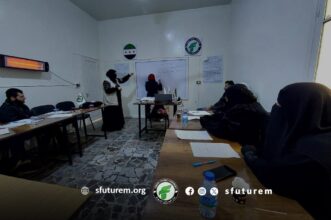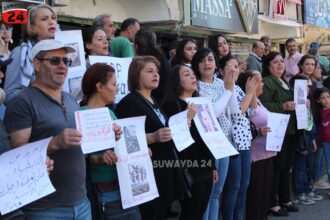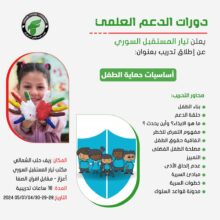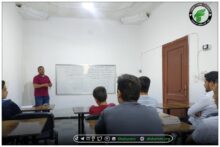On the occasion of World Arabic Language Day.
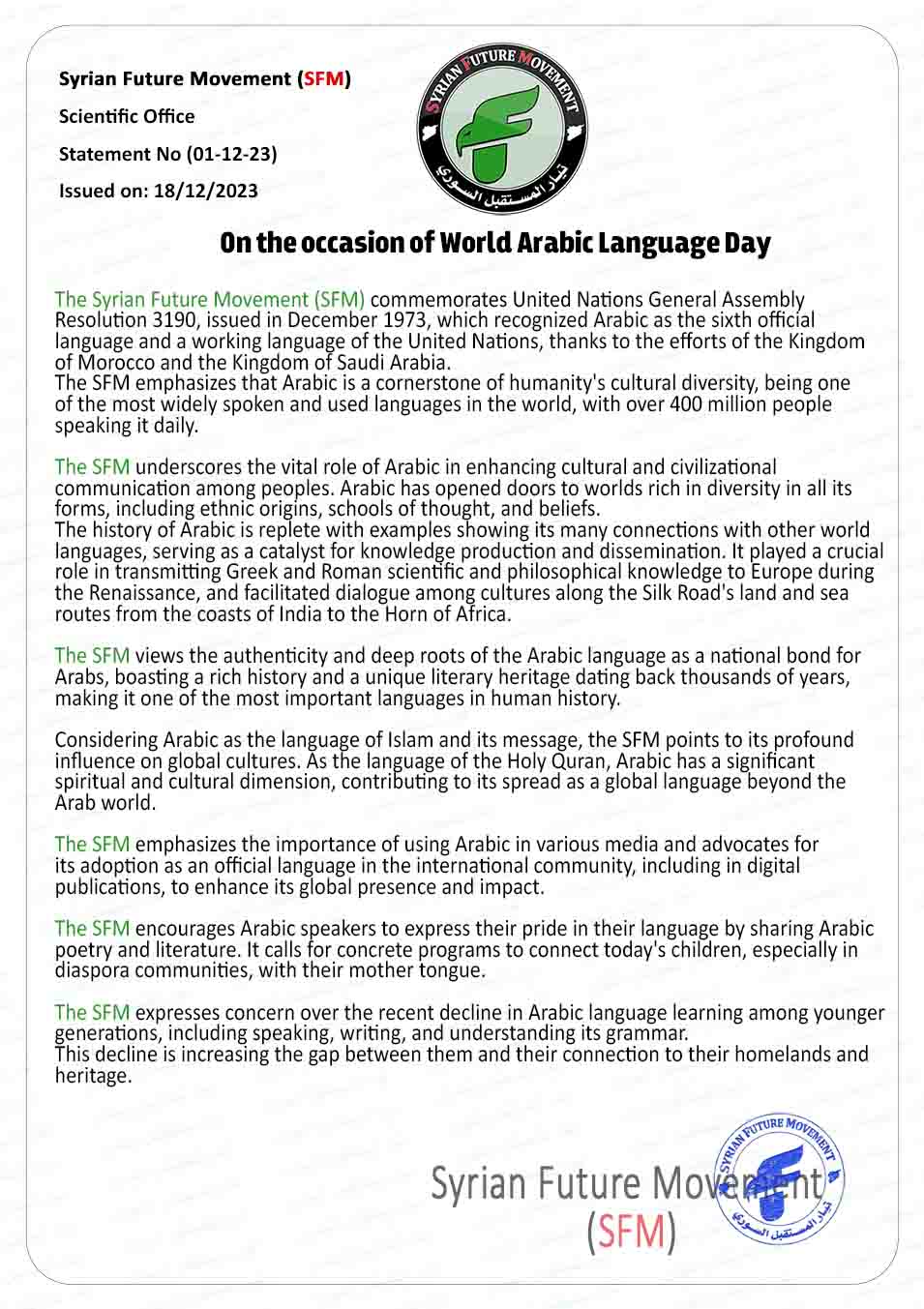
The Syrian Future Movement (SFM) commemorates United Nations General Assembly Resolution 3190, issued in December 1973, which recognized Arabic as the sixth official language and a working language of the United Nations, thanks to the efforts of the Kingdom of Morocco and the Kingdom of Saudi Arabia.
The SFM emphasizes that Arabic is a cornerstone of humanity’s cultural diversity, being one of the most widely spoken and used languages in the world, with over 400 million people speaking it daily.
The SFM underscores the vital role of Arabic in enhancing cultural and civilizational communication among peoples. Arabic has opened doors to worlds rich in diversity in all its forms, including ethnic origins, schools of thought, and beliefs.
The history of Arabic is replete with examples showing its many connections with other world languages, serving as a catalyst for knowledge production and dissemination. It played a crucial role in transmitting Greek and Roman scientific and philosophical knowledge to Europe during the Renaissance, and facilitated dialogue among cultures along the Silk Road’s land and sea routes from the coasts of India to the Horn of Africa.
The SFM views the authenticity and deep roots of the Arabic language as a national bond for Arabs, boasting a rich history and a unique literary heritage dating back thousands of years, making it one of the most important languages in human history.
Considering Arabic as the language of Islam and its message, the SFM points to its profound influence on global cultures. As the language of the Holy Quran, Arabic has a significant spiritual and cultural dimension, contributing to its spread as a global language beyond the Arab world.
The SFM emphasizes the importance of using Arabic in various media and advocates for its adoption as an official language in the international community, including in digital publications, to enhance its global presence and impact.
The SFM encourages Arabic speakers to express their pride in their language by sharing Arabic poetry and literature. It calls for concrete programs to connect today’s children, especially in diaspora communities, with their mother tongue.
The SFM expresses concern over the recent decline in Arabic language learning among younger generations, including speaking, writing, and understanding its grammar.
This decline is increasing the gap between them and their connection to their homelands and heritage.

